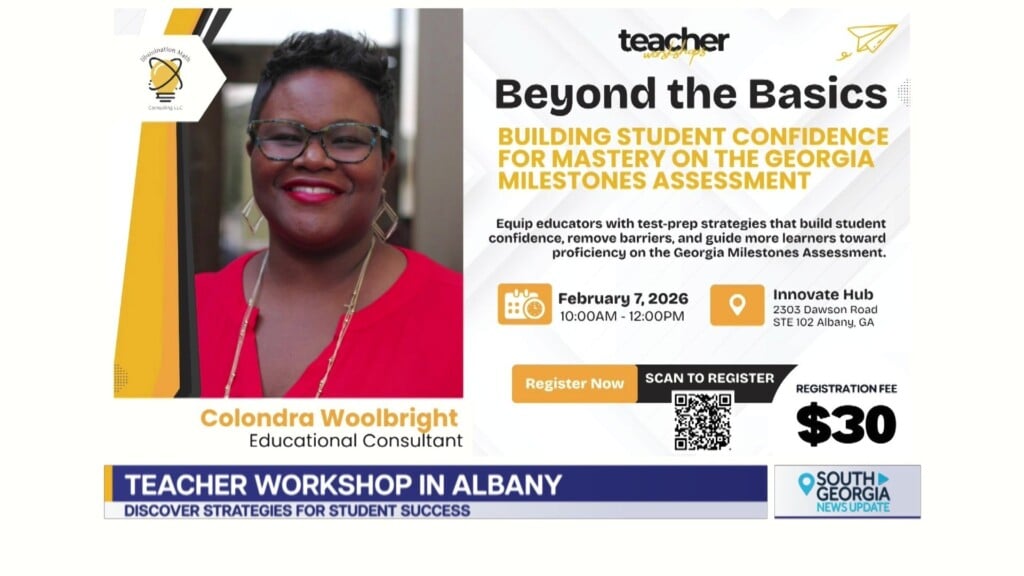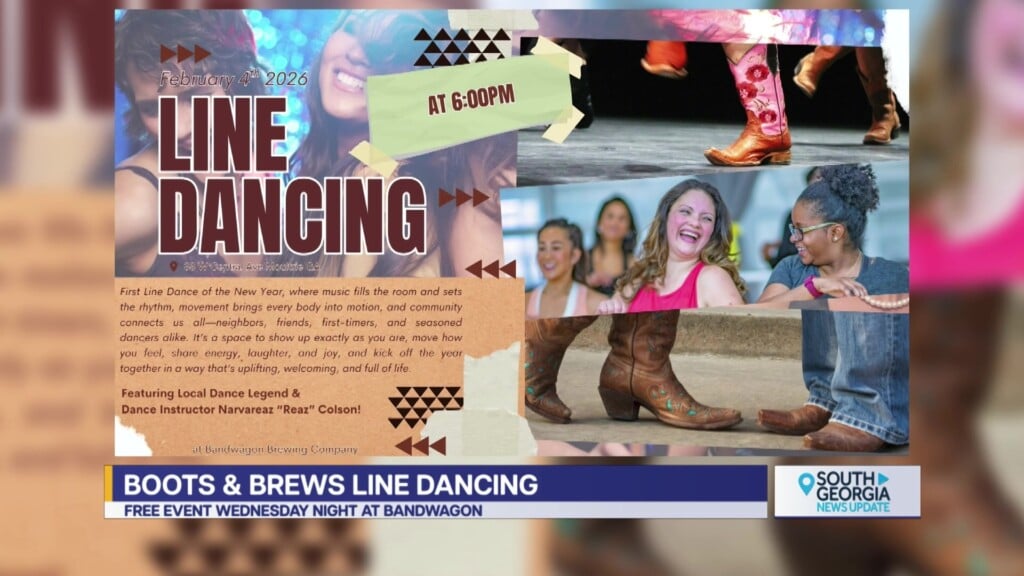Part 5 Finale: Brian Roche: Road to Recovery
"But, with the long, painful road of recovery now in my rearview mirror, I can't help but think back over the course of those 18 months..."
ALBANY, Ga. – As I said my goodbyes to family, friends and all of the people I had met on my journey, I had one last thing that needed to be taken care of…
Making sure the wheelchair that was made for me will go to someone who was going to need it.
“As you always are, you’re always thinking of the next person, and how you can help them,” said Marci and Rob Roche, Brian’s parents.
This led my family back to north Georgia, just outside of the Atlanta area, where we met a great resource…
Friends of Disabled Adults and Children (FODAC), preparing to donate a barely used new wheelchair to someone who would need it far more than me.
“…Those are very expensive wheelchairs. They’re not just $100 or $200, they’re thousands of dollars. And so they wear out as well, and that’s another battle that people have with Medicare and Medicaid around their benefits because if it wears out too soon because of your daily living, you have to fight to get that replaced, and there’s a gap of time there. And you can come get equipment from us and we’re gonna do our best to help you meet those needs…” said Chris Brand, President & CEO, FODAC.
And, sure enough following the donation…
I was back at the station where I was a mainstay of the new staff.
That brings us to today, as I continue to try and push myself harder to further my recovery on my own again.
But, with the long, painful road of recovery now in my rearview mirror, I can’t help but think back over the course of those 18 months…
“You’ve always said from day one, like ‘I’m going back to work. I don’t care what it takes.’ I know the timeline wasn’t what you anticipated, but we’re just so proud of you,” said Tayla Mangus, Occupational Therapist, Shepherd Center.
“Yeah, absolutely. We knew that you could do it. We saw where you were, the strength that you had. With all the great support you had around you. And you knew you were going to keep working hard, and keep going until you reach that goal…” said Lindsay Mayr, Physical Therapist, Shepherd Center.
“You are what I would like to get for every single one of my patients. Of course not everybody has an injury as severe as yours, thank God. But, definitely, you want all of the patients to have that energy to keep on going and going and going uphill until they finally plateau and start enjoying their results. You’re an inspiration to multiple of my patients,” said Dr. Hector Soriano, Neurosurgeon, Phoebe Health System.
“I’ve been doing this for 26 years at this organization, there’s very few people I’ve heard of, no one’s ever come here and had that story… You never see people go completely with a spinal cord injury from a power chair to walking completely…” said Chris Brand, President & CEO, FODAC.
“…We both want the best for you, and that’s allowed for this connection, to really push and motivate one another. Me to motivate you to try and push yourself, and you to motivate me to find ways to challenge you…” said Atom Young, Occupational Therapist, Shepherd Center.
But, not just the people who’ve helped me through this most difficult time of my life, but what we believe can be done to help give just a little hope to those suffering from a spinal cord injury.
“I think hope and prayer is what gets you through it. You have to have hope, you have to believe that things are going to be okay…” said Marci Roche, Brian’s mother.
“…Set small goals for yourself that lead up those bigger goals. But, it’s important to have those checkmarks in place so you can measure your progress and say ‘hey I am getting better’ from two months ago…” said Brian Gartland, Trainer, Project Walk New Jersey.
“…Never give up. We never know; you’ll be told a timeline, but we never know that timeline. Keep up with your health…” said Kati Vines, Physical Therapist, Shepherd Center.
“Yes… it’s very physically taxing, mentally taxing, emotionally taxing, but at the end of it, seeing the progress of patients and clients of those who have suffered a neurological injury, or a spinal cord injury outweighs your hard days. It makes it all worth it,” said Ken Chinjen, Specialist, Project Walk New Jersey.
“…You can get stronger, you can improve your quality of life through intense activity sessions. It helps everything. It helps your brain, it helps your body. Just don’t give up,” said Leslie Clark, Owner, Project Walk New Jersey.
“I would just want them to know they’re not alone. There’s people who have been in their shoes before and that there’s options out there for them to regain, just regain their life back and get back to the life they had prior to injury…” said Carly Weinhardt, Specialist, Project Walk New Jersey.
“My mother always said, it’s not what you go through. It’s how you come out of it that matters, and that’s what we kept focusing on,” said Rob Roche, Brian’s father.
I have far too many people whom I’ve met along this journey to thank for being a part of it.
From doctors and nurses, to therapists and specialists, to others dealing with spinal cord injuries whose stories I heard throughout my own journey.
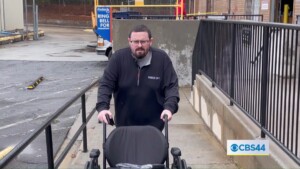
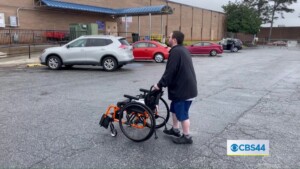
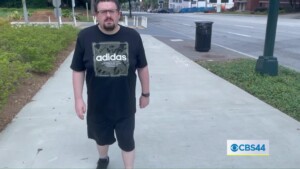
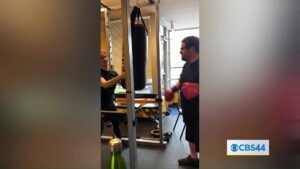
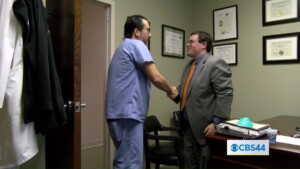
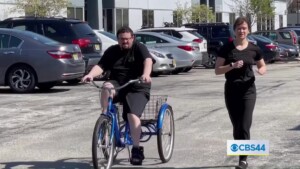
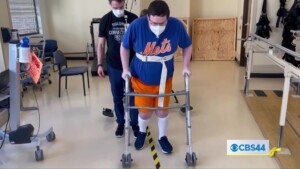
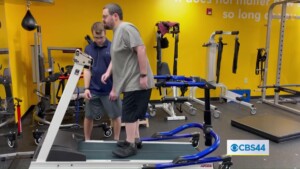
I want to thank everyone at Marquee Broadcasting, Inc. for allowing me the forum to tell my story.
But, I want to thank all of you for allowing me to share my story this past week and give insight into a condition that has seldom been talked about.
Thank you!
Brian Roche reporting.
Copyright 2023 CBS 44 South Georgia. All rights reserved.













